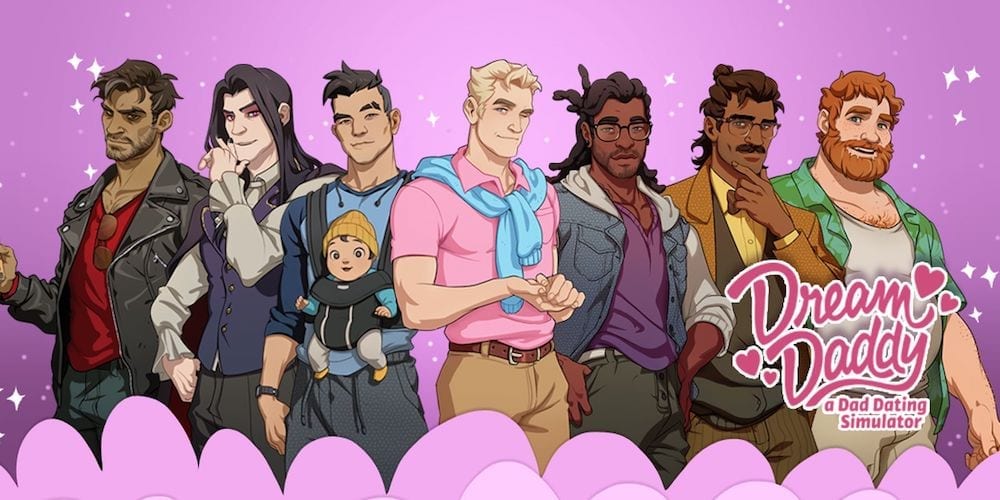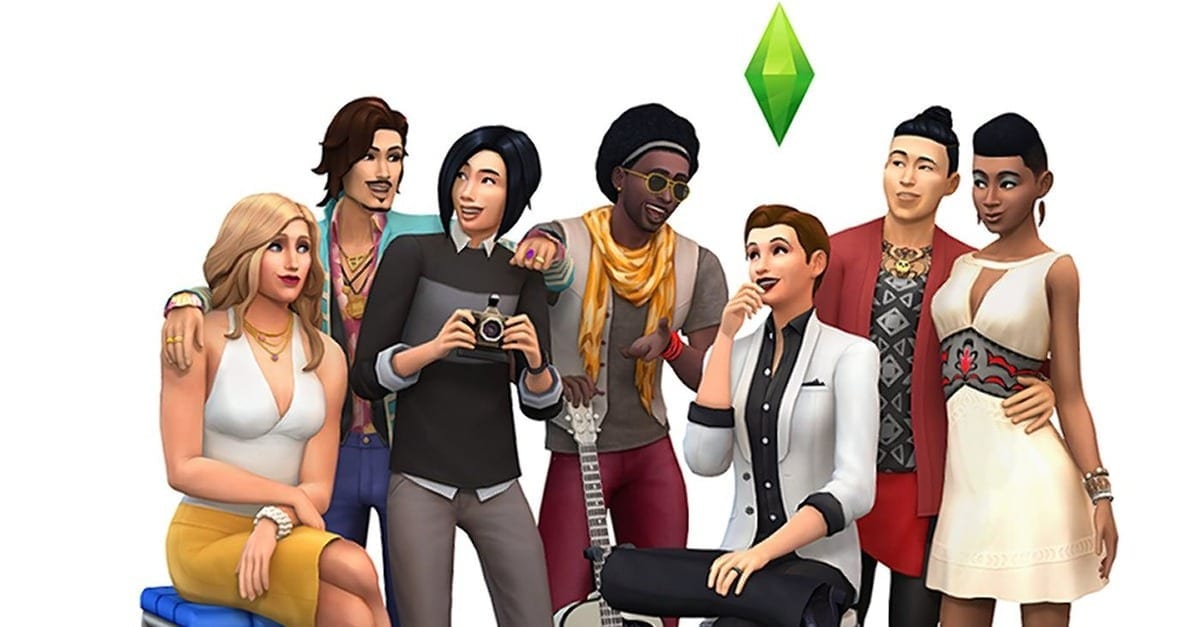
In the last decade, we have seen a rise of LGTBQ representation in the world of video games. From indie games like Coming Out On Top to AAA games like The Last Of Us, we’ve seen a lot of LGBTQ characters appear on our screens. And that doesn’t include the LGBTQ moments off-screen like pro gamers coming out and more.
But what were some of the best and most talked about games with LGBTQ characters and/or themes in the past decade? Check out our list below.

The Life Is Strange Series (2015-)
As I’ve explained before on this site, Life is Strange is possibly the most bi-positive game series out now and possibly ever. This anthology game series has a few commonalities between its multiple titles. A story focusing on teens, melancholic situations such as two brothers on the run from the law or two girls investigating mysterious disappearances in their hometown, some sort of supernatural power for players to play with, and the option to romance someone of the same sex or someone of the opposite sex.
The first Life is Strange was celebrated for centering around the friendship, and potential romance depending on player choices, of two young women. Then the prequel explored one of those character’s earlier life and first love. After that, Life is Strange 2 focused on male protagonists, but fans were excited to find out that they could still choose a same-sex romance option. The makers over at DontNod Entertainment have stayed committed to portraying LGBTQ stories. This includes their upcoming game with a transmale protagonist (the first of its kind).

Coming Out On Top (2014)
But perhaps you wish to play something more Not Safe For Work. If so, Coming Out On Top is the game for you.
What originally started out as an indie game eventually got mainstream (at least, in gay spaces) attention for its fun storytelling, hot graphic content, and variety of boys to romance. COOT is a classic dating sim or a text-based game with background visuals. Think of it as an art enhanced choose your own adventure novel… with a focus on romance, of course. Within that, players play a gay man in his last semester of college as he goes on dates and falls in love.
But who would you choose to fall in love with? The edgy sex maniac living above you? The curt but sweet on the inside military man? The school’s star quarterback? The leather bear with a love of poetry? The disgruntled anatomy professor? The goofy roommate? Or, maybe one of the many men you can date/hook up with through your friend’s dating app.
(Also, on a fun note. This game got so popular that even my father recommended the game to me).
wow! way to go dad xD
— Obscura (@Obscurasoft) October 16, 2017

Dream Daddy (2017)
But if you’re into a slightly tamer and less NSFW dating sim, you could try Dream Daddy. This game is much like Coming Out On Top in how its player experience works. It’s mostly text and story-based, it’s about a man falling in love with his chosen man (per playthrough), and the story’s end changes depending on player choices.
But where these games differ is the fact that this game does not include sexual scenes. In addition, the game was created by Game Grumps, a popular YouTube channel and gaming company. Because of that, everything within the game, including character dialogue; your character creation mode; or the eggplant emojis that appear whenever you comment something that your preferred dad loves, has a lot of the Game Grumps humor and wit behind it.

The Last Of Us: Left Behind (2014)
But perhaps you’re not looking for a dating sim. Thankfully, the last decade saw LGBTQ representation in varying game genres. This includes one of the biggest games of the 2010s, The Last of Us.
The Last Of Us is an action-adventure survival horror franchise surrounding a post-apocalyptic world. But unlike many other zombie stories, the game slightly shifts from the norm by having a fungi disease at its source. This disease turns humans into mushroom infested zombie-like creatures. And within that world, players follow the unlikely duo of smuggler Joel and disease immune Ellie.
What makes this story LGBTQ representative was the downloadable expansion pack called Left Behind. In it, players experience Ellie’s past of how she discovered she was immune to the disease. While sneaking out into an abandoned mall with a friend, named Riley, the two grow intimate. Unfortunately, their happy moment is soon disrupted and turned into a fatal tragedy. This melancholic depiction of LGTBQ life and love is now a trademark for the franchise and will continue onto the game’s sequel coming out later this year. And, the game’s also getting an HBO adaption!

The Sims 4 (2014)
The Sims franchise has been around for more than one decade now. And, it’s been giving us LGBTQ options since the 2000s. Ever since the first game in 2000, gamers have been given the option to have same-sex relationships. Now with Sims 4, gamers are not only able to play same-sex couples but also play with the gender expression of their characters.
In 2018, EA Games announced that clothing would not be limited by gender such as making dresses unavailable to male sims. But that wasn’t the end of the progressive game update. Gamers soon realized that male characters could get pregnant, players could pick whether their sims had masculine or feminine frames no matter their binary sex, players could pick if their sim used the toilet standing or sitting, and more. Despite, frankly, being a cash grab with its endless expansions, the Sims franchise has continually been supportive of LGBTQ representation.

Overwatch (2016)
Even the world of team-based shooters has been touched by LGBTQ representation. And one of the biggest games in this genre has confirmed that two of its most popular characters are gay.
In 2017, Overwatch’s mascot Tracer was confirmed as a lesbian in a special Christmas themed comic. In the comic, Tracer was revealed to be spending the holiday with her girlfriend Emily. Then in 2019, a short story titled “Bastet” showed Soldier 76, real name John Francis “Jack” Morrison, worrying over the struggle of keeping a relationship while working as a professional soldier. It was then revealed that the character had a previous relationship with a man.
Like many other shooter games, characters’ backstories are often explored outside of the game through comics and side-stories. And that method has led to LGTBQ representation in this popular franchise.

Dragon Age: Inquisition (2014)
To round out this list, we have to mention the fantasy adventure Dragon Age: Inquisition. Not only did this game win the Game of the Year and Best Role-playing awards, but it also received a Special Recognition Award from GLAAD. The GLAAD award was given due to “the many complex and unique LGBT characters prominently integrated throughout the game.” This includes a transgender side character, a romanceable bisexual female character, a romanceable pansexual team member, a romanceable gay team member, and a romanceable lesbian team member. In addition, if the character chooses not to romance the pansexual character or the gay character, they end up dating each other. What’s not to love?

LGBTQ Gaming In The 2010s
These were just some of the LGBTQ-related gaming that the 2010s provided. There were several more games that came out in the past decade and many of them included LGBTQ representation. Which were the most impactful games to you gaymers? Let us know down in the comments below.
